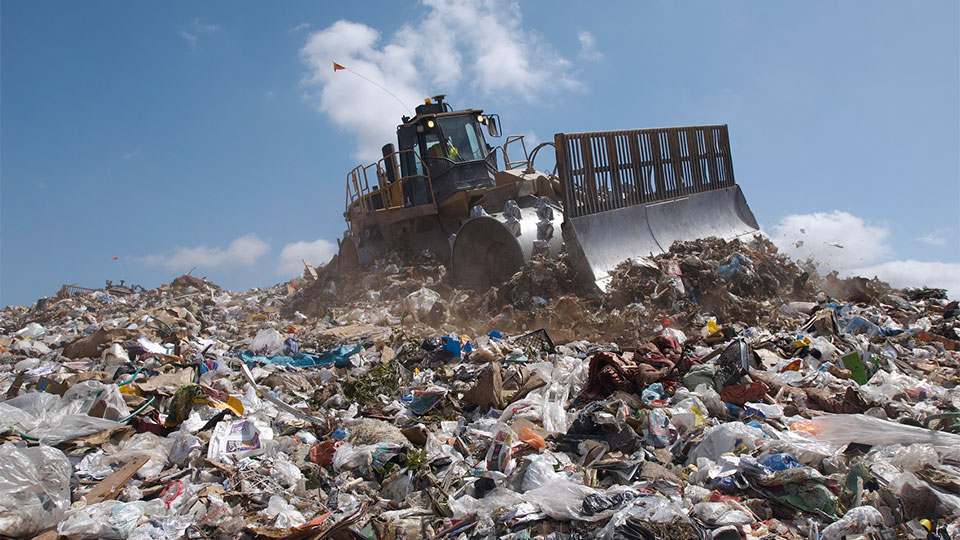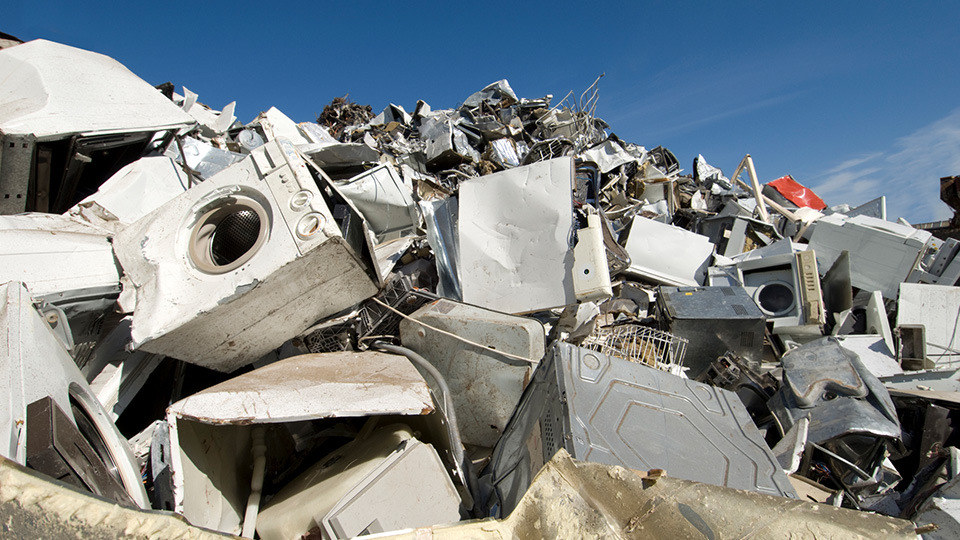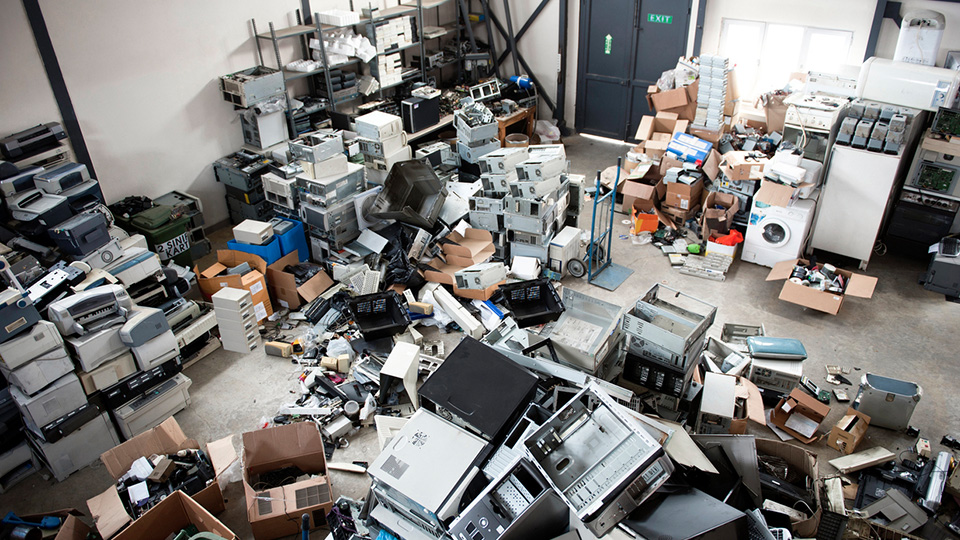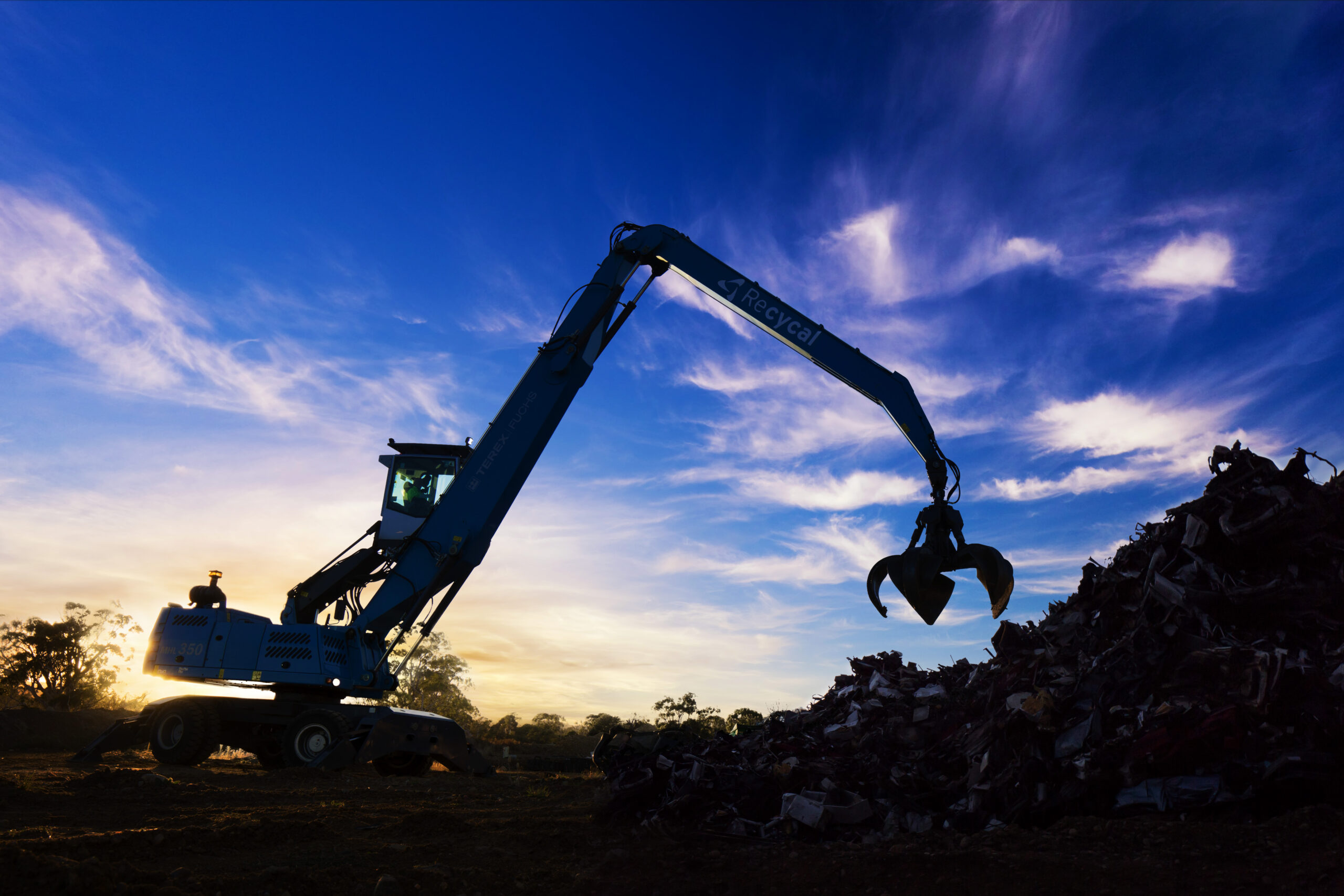The cosmetics industry is acting to phase out microbeads, but dentists are slow to clean up their act on mercury pollution.
Microbeads
Microbeads are tiny particles of plastic that are used in facial scrubs, soaps and toothpastes. The beads are made from the common plastic, high-density polyethylene. They are not intrinsically toxic, but when flushed down the drain they pass through sewage treatment plants and end up in the environment. There, birds, fish and other marine animals can ingest them and the concern is that they may prove harmful to a wide range of organisms.
As a result of these concerns a number of companies, including Aldi, Coles and Woolworths, as well as a number of cosmetics manufacturers, have pledged to remove products containing microbeads from their product ranges. While Australia has opted for a voluntary phase out of microbeads, the US government is set to legislate a ban on microbead production by 2018. Either way, the days of microbeads appear to be numbered.
Mercury
Mercury is the world’s most toxic metal. While it can safely be used in a range of applications, including dental amalgam, it is also capable of causing great damage to the environment, and to human and animal health.
Every day, dental practices around Australia are dumping dental amalgam down their drains. Once it gets into the environment, a wide range of bacteria convert metallic mercury into methylmercury. This is even more toxic, and the cause of the devastating Mimamata Disease. It is readily taken up by fish and increases in concentration as big fish eat smaller fish. And who eats big fish? We do.
Simple Solution
This dumping of mercury is entirely preventable. Effective amalgam separators that trap amalgam with high efficiency are available and can be fitted to dental practice drainage systems at reasonable cost. During servicing, the amalgam is removed from the traps, the mercury is separated from the other amalgam components, and safely recycled back into new amalgam. It’s a perfect closed-loop recycling system.
Time For Dentists To Take Responsibility
Both cosmetics manufacturers and retailers have taken on the responsibility of phasing out microbeads, and for that they should be applauded.
Sadly, it’s a different story where dentists are concerned. While the Australian Dental Association and state governments actively encourage dentists to install amalgam separators, only a small fraction of dental practices have actually done so.
If people are so moved to have microbeads removed from our environment, why isn’t there an equal outcry at dentists dumping mercury waste into our waterways, every day, all around Australia?
When it comes to keeping dental amalgam out of the environment, the responsibility sits squarely with the dentists.
Image credit: Aljazeera America 2015





